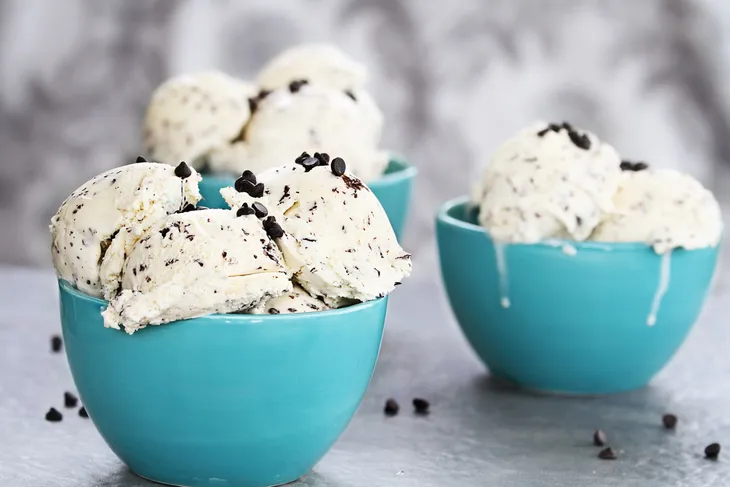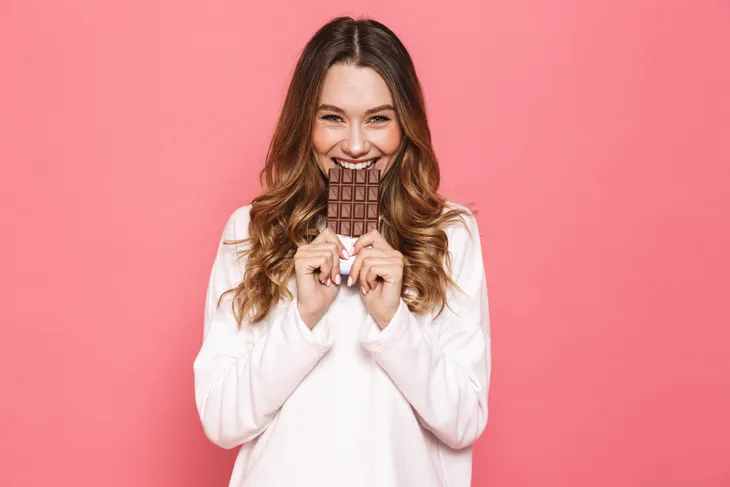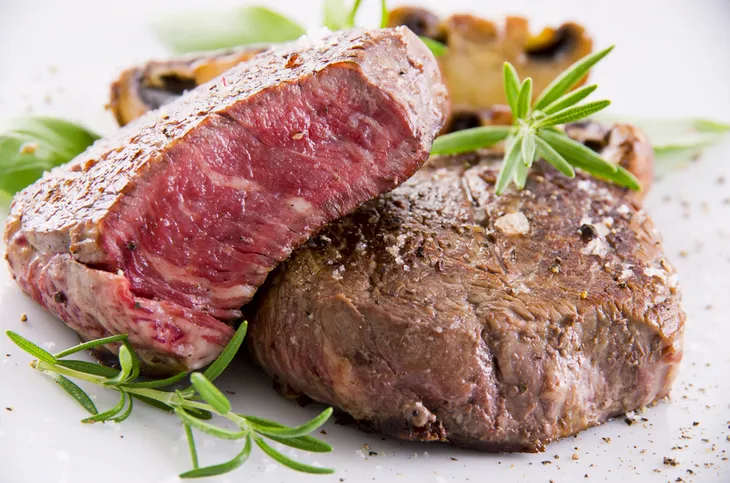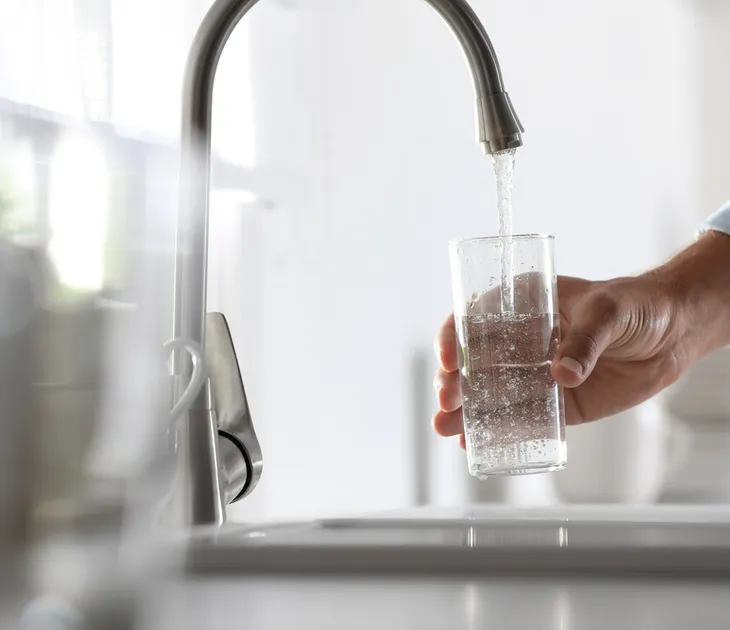Do you crave certain foods at sometimes strange times, and you’re not sure why? You’re fairly certain you’re not pregnant, so what’s the deal? Well, it turns out certain hankerings can indicate a health problem, so pay closer attention to them.
A desire for sweet or salty foods often can indicate a deficiency or even a disease, notes Cosmopolitan magazine. Although seemingly harmless, your snack choices could be painting a bigger picture about your well being. Here are seven foods you’re eating a lot of that could be trying to tell you something…
Candy
Who doesn’t love candy? Even your dentist loves candy, because it means more visits in some cases. However, Cosmopolitan magazine says eating a lot of candy not only means you’re trying to relive your childhood, it could mean bigger problems.
Excess intake of processed sugar like candy can increase the development of conditions like pre-diabetes. Prediabetes means your blood sugar is higher than it should be, but not yet in the range for full-blown diabetes. The urgency to urinate often is also a major marker that your candy consumption could be sending you a message.
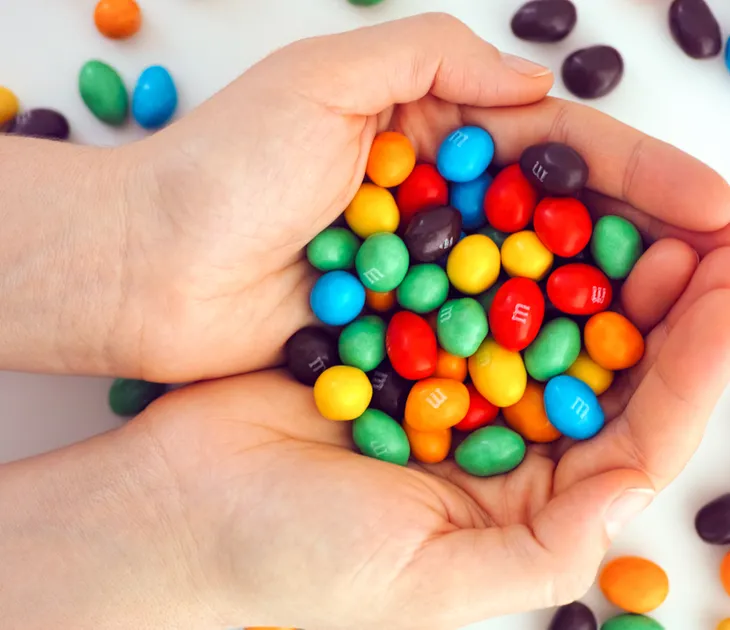 Ekaterina_Minaeva / Shutterstock.com
Ekaterina_Minaeva / Shutterstock.comIce Cream
Wanting ice cream could be your body’s way of dealing with minor inflammation of the stomach, according to some sources. However, BBC Good Food challenges this assumption by noting, “Sweet and cooling as well as rich and creamy…could that be why you crave an ice-cream sundae?”
Meanwhile, having the desire to suck on plain ice cubes has been associated with an iron deficiency in the past, but BBC Good Food says that ice is effective in relieving inflammation of the mouth and tongue, which could be a sign of anemia (deficiency of red blood cells or hemoglobin).
Chocolate
Sources including Care2.com suggest chocolate cravings could be a sign that you’re low in magnesium, and chocolate is high in magnesium, so it makes sense. Magnesium is important for muscle function, but it’s also one of the most common deficiencies in the U.S.
Care2.com suggests going easy on the sugar-loaded varieties of chocolate and sticking to darker chocolate when you feel a craving coming on. You can also mix organic cocoa powder into a smoothie, adds the source. Fish and nuts are also high in magnesium (although for some reason, people don’t crave those things as much as chocolate).
Potato Chips
These may be the king of salty snacks, and our brains are “ hard-wired to crave salt,” notes the website MindBodyGreen.com. Since salt is essential to life, we are designed to want it often, adds the source. Until fairly recently in mankind’s history, it wasn’t that easy to get natural salts. You couldn’t just grab a bag of it from the corner store.
While most Americans are getting more sodium (salt) than they need per day, you still find yourself clawing at the bottom of the chip bag at 11 p.m. on a Tuesday night. The reason could be you are low in minerals such as magnesium and zinc, which have a “salty” tinge. Try a multivitamin, or boost your intake of healthy foods including “mineral-dense sea vegetables” like kelp, suggests the source. Addison’s Disease could also be the culprit if diet adjustments don’t help.
Pizza
One of the most indulgent ingredients of a pizza is the cheese. After all, when you picture a pizza, you picture the stringy cheese as you pull a hot piece from the plate. Care2.com explains that wanting pizza (or just cheese) is a sign you could be low in fatty acids, which are essential to your well-being.
Instead of loading up on cheese (which can be high in saturated fats) you can choose other options including raw walnuts, salmon, and flax seeds. We know, not nearly as creamy or indulgent, but you may get used to eating them after a while. And who knows, maybe your pizza cravings will disappear (probably not). Another alternative is topping the pizza with high fiber-based foods like peppers and tomatoes to make it more filling. You will likely eat less but also satisfy the urge for pizza as well.
Red Meat
Who doesn’t love a beautiful burger or scrumptious steak? (Well…probably vegans) but aside from your choice of diet, you may still find yourself dreaming of a slab of beef while you’re sitting in a board meeting at work listening to your boss drone on about profit margins. But why, you ask?
Cosmopolitan magazine suggests that what you’re really craving is protein, which of course is essential in the production of energy. Vegetarians and vegans are often at risk of not getting enough protein, but luckily there are other ways to get it. Think chickpeas, tofu, soy, and quinoa, and there’s even a vegan guide to protein from OneGreenPlanet.org listing alternative sources of protein.
Water
Cravings for water? Well, of course I crave water, I need it, right? Yes and well, no. While quenching your thirst with a tall, cool glass of water is perfectly natural and healthy, if you find yourself plotting where all the nearest drinking fountains are when you’re out for a walk, you could be dealing with a bigger problem.
Livestrong.com notes that water cravings can actually point to high blood pressure or even be a warning sign for diabetes. Livestrong explains that diabetes insipidus, a rare form of the disease, affects the kidneys and causes you to urinate more often, thus feeling the need to replenish constantly.

